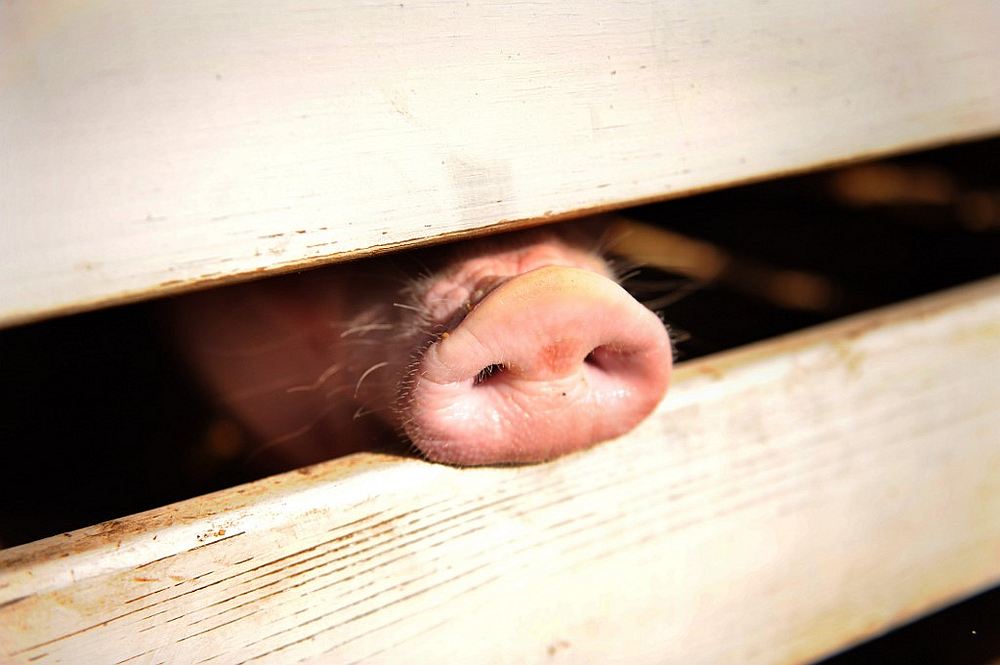BANGKOK, Sept 27 — Thailand has designated 24 provinces as “surveillance areas” for African swine fever and ordered strict animal controls in hopes of preventing an outbreak of the deadly disease that has hit its neighbours, an agriculture official said today.
Thailand has been on high alert since the outbreak of African swine fever among pigs in Myanmar, Laos, Cambodia, but it has yet to report an outbreak.
Earlier this month, the government ordered the culling of 200 pigs as preventative action after two pigs died mysteriously in the northern province of Chiang Rai, 20km from the Myanmar border.
Those two pigs turned out not to be infected, the agriculture official said.
The government has put 24 out of its 77 provinces on watch with restrictions on movement of pigs and wild boars, as well as its carcasses, semen or embryos for breeding.
Violation of the restrictions is punishable by imprisonment of up to two years and a fine of up to 40,000 baht (RM5,500).
“This is a precautionary measure for provinces that have large pigs population or are in border areas,” Sorawit Thaneto, the director-general of the Department of Livestock Development said.
“The results of the blood test from pigs culled in Chiang Rai also show that the pigs were not infected, but we continue to be on alert,” he said.
Private business members of the Swine Raisers Association of Thailand have also jointly bought some 8,000 pigs raised in “risk areas” along the border to limit exposure to the disease in future stocks. Those pigs were not infected and have since been slaughtered and sold as meat.
“I want to stress that there is no outbreak of the disease in Thailand and both government and private sectors are working together to prevent this,” Prapat Pothasuthon, deputy agriculture minister said.
African swine fever is nearly 100 per cent fatal to pigs and highly contagious with no vaccine, though not harmful to humans. It was first detected in Asia last August in China, wiping out nearly 40 per cent of pigs in the world’s largest pork producer.
It has since spread across Asia, affecting Mongolia, Vietnam, Cambodia, Laos, Myanmar, and the Philippines. — Reuters






















